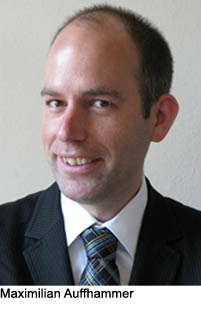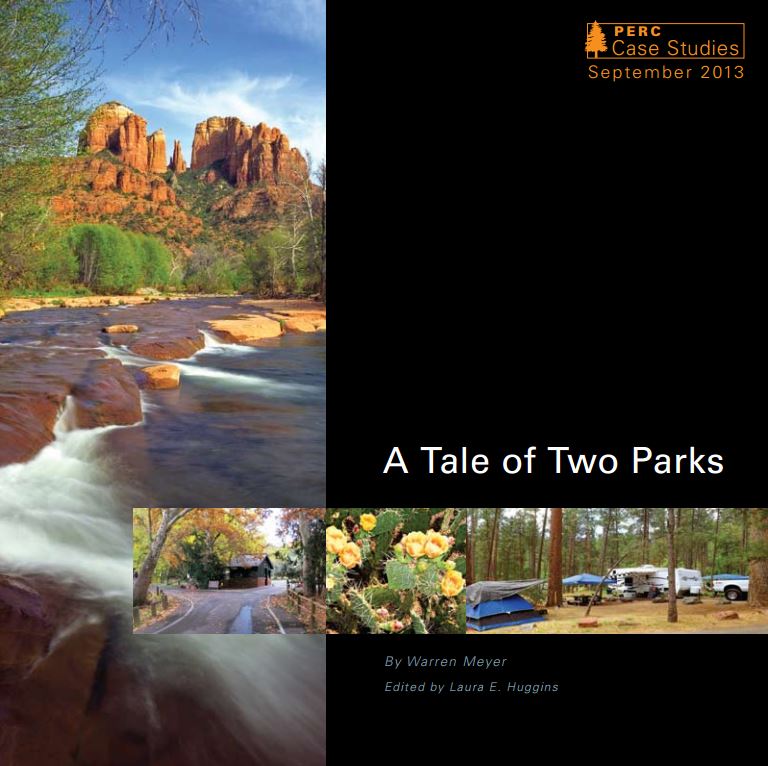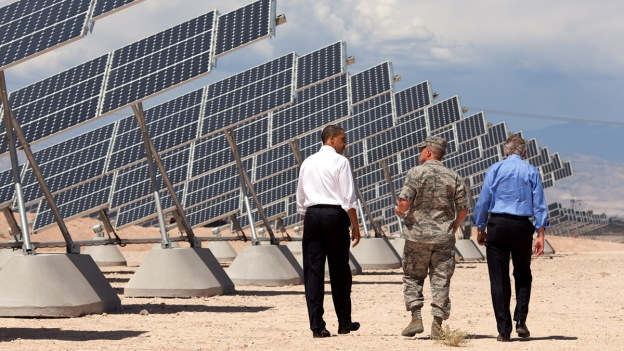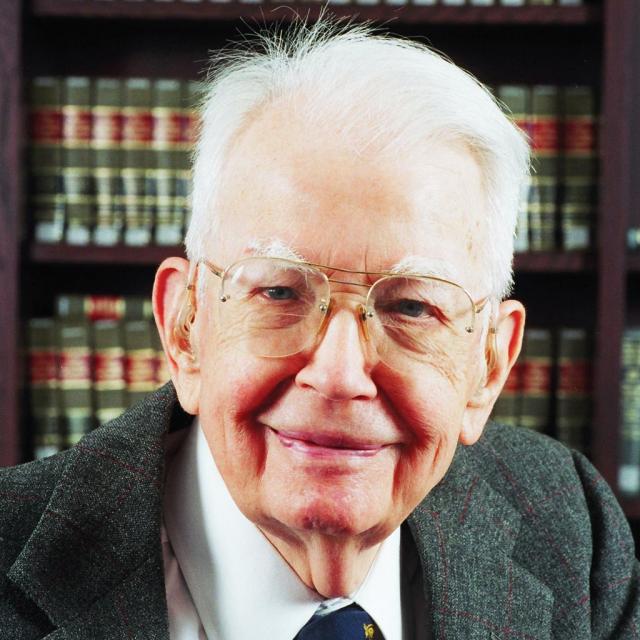Do you visit national parks for the monumental value or for their ecological value? Can they be the same and how can we manage to keep our parks operating well into the 21st century? Join Alfred Runte and Holly Fretwell for a conversation on national parks.
Author Archives: admin
Q&A with Max Auffhammer on Adaptation to Climate Change
UC Berkely economist Max Auffhammer recently visited PERC as a 2013 Lone Mountain Fellow to continue his extensive research of human adaptation to climate change. He is a Research Associate at the National Bureau of Economic Research in the Energy and Environmental Economics group, a Humboldt Foundation Fellow, and a lead author for the Intergovernmental PanelContinue reading “Q&A with Max Auffhammer on Adaptation to Climate Change”
National Public Lands Day 2013
This Saturday marks the 20th anniversary of National Public Lands Day, a day to celebrate America’s parks and other public lands. But as park agencies face steep budget cuts, many parks are threatened with closure. According to a new report, innovative public-private partnerships provide a solution to keep parks open, well maintained, and generate aContinue reading “National Public Lands Day 2013”
Unlocking the Wealth of Indian Nations
Indian reservations are hobbled by burdensome regulations and bureaucracy. Native Americans should be given the dignity they deserve and be freed from federal guardianship.
A Tale of Two Parks
Park agencies are partnering with private companies to keep parks open, well maintained, and generate a return for taxpayers.
Q&A with Ryan Abman on Deforestation and Local Politics
Ryan Abman, a PERC Graduate Fellow and a PhD candidate in the Department of Economics at the University of California-Santa Barbara, is examining the effects of political influence over local natural resources this summer at PERC. Ryan focuses on the Brazilian Amazon and how local politics affect deforestation. In particular, he is exploring what he calls the political logging cycle—the close connection between political elections and deforestation rates in Brazil.
Property Rights and the Emergence of Modern Life Expectancies
Between 1850 and 1950, the Western world witnessed remarkable and historically unprecedented improvements in human health and longevity. In the United States, life expectancy at birth among whites increased by 75 percent, growing from 39.5 to 69. Among non-whites there was an even larger increase, with life expectancy more than doubling, rising from 23 toContinue reading “Property Rights and the Emergence of Modern Life Expectancies”
‘Clean Energy’ Is Cooling The Economy And Damaging The Environment
Our nation continues to pile precautionary energy policies onto a struggling economy, but we’re bumping into an inconvenient truth.
Ronald Coase showed how free markets help the environment
The death this week of Ronald Coase, one of the world’s most-cited economists, comes at a time when there is lively debate about the very issue he raised: why neither markets nor government are panaceas.
Coase on Externalities
The existence of “externalities” — effects (costs or benefits) of market transactions that are not experienced by those involved in the transaction, but are instead experienced by others, those “external” to the transaction — is routinely proffered as a justification for governmental regulation of private economic activity. Ronald Coase had a different view, however. InContinue reading “Coase on Externalities”







